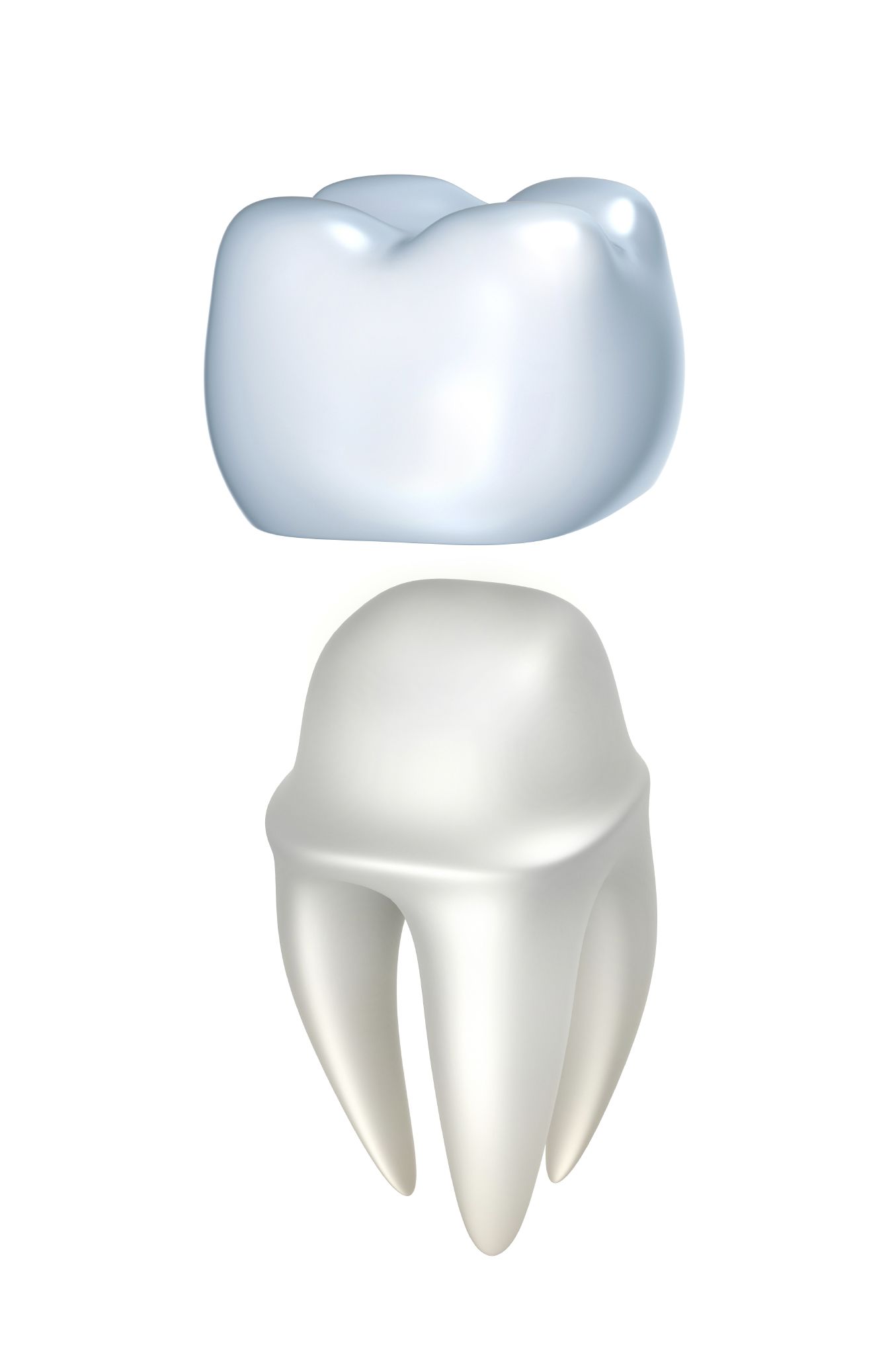Sensitivity After Dental Crown Placement
 For major tooth fractures and decay, dental crowns are the most ideal option. Dr. Tim Simpson has restored countless smiles throughout Abilene, TX thanks to custom dental crowns. These restorations help patients bite and chew with total confidence again.
For major tooth fractures and decay, dental crowns are the most ideal option. Dr. Tim Simpson has restored countless smiles throughout Abilene, TX thanks to custom dental crowns. These restorations help patients bite and chew with total confidence again.
When getting a new crown, there is an adjustment period that patients need to be aware of. Let’s discuss tooth sensitivity when a new crown is in place and offer tips to manage this temporary side effect.
The Process for Placing Dental Crowns
To understand why tooth sensitivity is an issue when people get dental crowns, we should discuss the process for placing dental crowns first.
When placing dental crowns, the first step will involve removing compromised portions of the tooth structure. Once this is done, an impression can be taken so a crown can be created in a dental lab.
Why Tooth Sensitivity Is Common with a New Crown
In the process of prepping a tooth, some of the underlying dentin layer of the tooth structure is exposed. The dentin is porous, and hence more sensitive to pressure and temperature than tooth enamel. As a result, patients will experience some amount of tooth sensitivity until their teeth adjust to the crown being in place.
How Long Will This Crown Sensitivity Last?
That can vary from patient to patient. Generally, tooth sensitivity from a new dental crown will last for a week or two, with patients noticing improvements in sensitivity each day.
The team at our Abilene dental care center takes tooth sensitivity issues seriously, which is why we cover the possibility of discomfort in great detail during the consultation process. Thankfully, there is a lot patients can do at home in order to minimize their discomfort. Below are some helpful tips for dental crown patients.
Adjusting Your Diet to Reduce Sensitivity
The most important thing patients can do to avoid excessive tooth sensitivity after getting dental crowns is adjusting their diet. Stick with soft foods that do not require much chewing in the first days after getting a crown. This includes yogurt, bananas, oatmeal, smoothies, protein shakes, and cottage cheese. Avoid foods that are hard, crunchy, crispy, or sticky since they can cause pain while chewing and potentially dislodge a new crown.
You should also avoid foods that are hot or cold in temperature as these can lead to sharp moments of tooth sensitivity. Stick with lukewarm foods and beverages until your sensitivity abates.
Oral Hygiene with a New Dental Crown
You’ll still want to brush and floss to keep your mouth healthy and fresh, but you should do so gently. Brush your teeth using a toothpaste for sensitive teeth. Use a toothbrush with a small head and soft bristles, and be thorough yet delicate around the new crown. When flossing, be sure not to snap the floss too hard around the crown.
Attending All Follow-Up Care Visits
There will be a few follow-up visits once you have your dental crown in place. Be sure to go to all of these additional visits and discuss any issues you may have experienced while getting adjusted to the new crown. This allows us to make corrections and address issues you may have.
What to Do If Tooth Sensitivity Does Not Improve
If your tooth sensitivity does not improve, be sure to discuss it with someone on our team. We can look into the matter and help you overcome whatever discomfort you’re experiencing.
Learn More About Dental Crowns
If you would like more information about dental crowns and how they can benefit you, be sure to contact a skilled cosmetic and restorative dentist. You can schedule a consultation by phone at (325) 677-6553.


